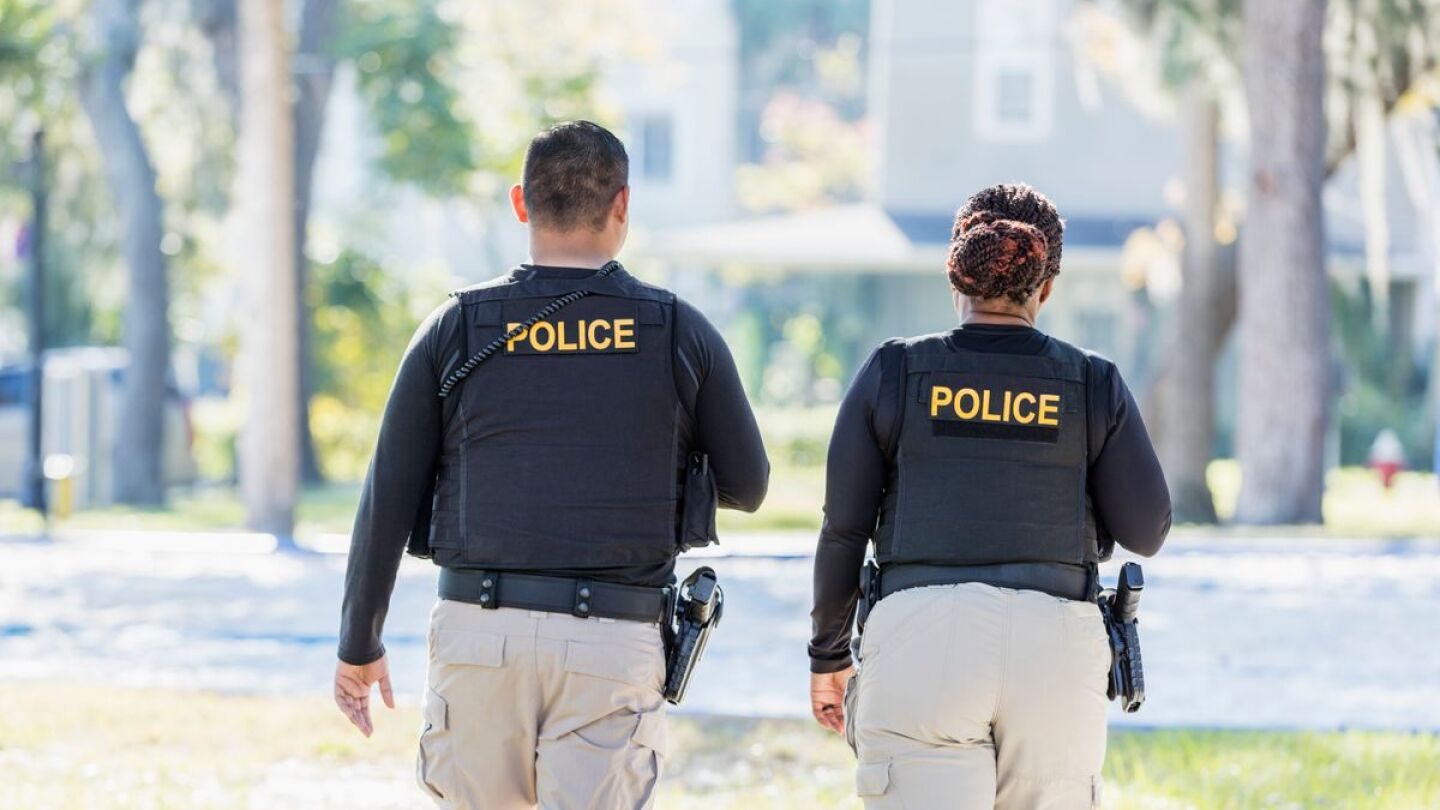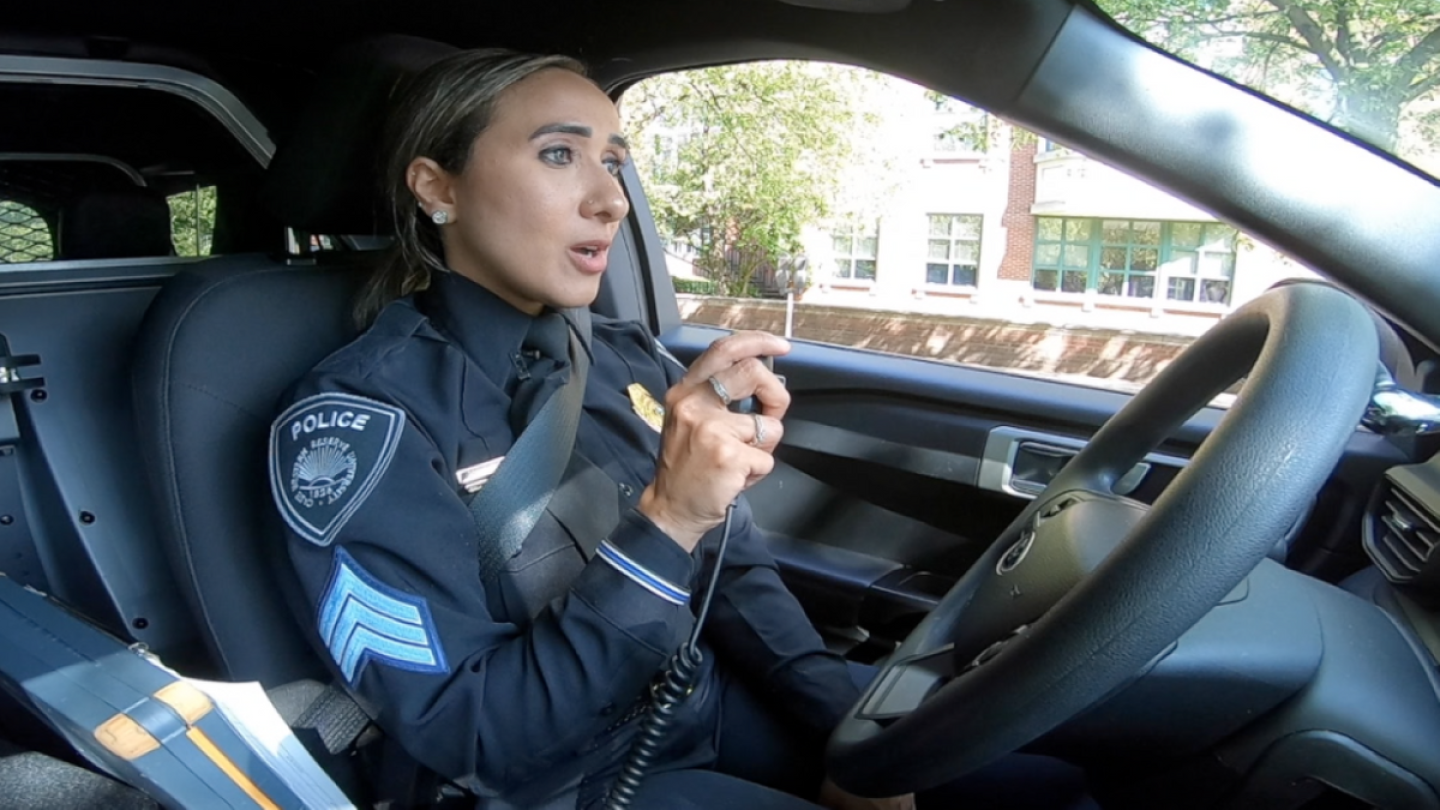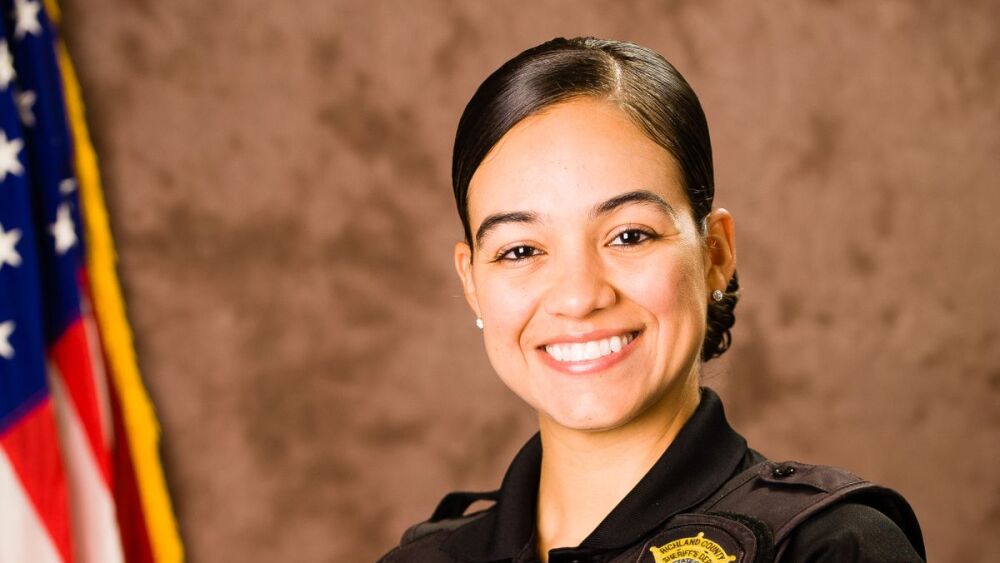Community Policing
The Community Policing topic covers efforts by agencies and officers to partner with other branches of local government as well as non-governmental organizations to reduce crime and increase the quality of life for law-abiding citizens.
Inviting community stakeholders to experience virtual reality training can change the conversation
Explore a unique initiative where police officers, firefighters and EMS providers join forces to guide young men toward maturity, blending rigorous workouts with life lessons
Lt. Dan Marcou urges today’s police force to adapt and overcome in what could be the dawn of a new Golden Era of American Policing
The program seeks to bolster public safety efforts and promote community resilience
Officers sound off on what they need from their supervisors and leaders to perform at their peak in Police1’s State of the Industry survey
Through a fellowship model, New Blue seeks to create a network of police officers committed to bringing about change within their departments
A new partnership offers unique opportunities for individuals with disabilities to work as part-time police employees
“Our officers are working shoulder to shoulder with the residents, the community leaders and business owners down here on the South Side,” the sergeant in charge of the patrol unit said
Ky. PD receives grant to start mental health response team, pay OT to LEOs with specialized training
“This is an enormous step forward in our ability to respond to mental health emergencies,” Mayor Linda Gorton said. “It will make it possible for us to provide the most appropriate response to an individual in crisis and connect them to the best resource”
“The Project Guardian program allows the families of persons with special needs to register their loved ones and provide detailed information and photos to assist the police before contact is initiated,” SRO Alex Zesati said
After a panel discussion on criminal justice, sports and pursuing dreams, students were given the opportunity to talk with officers in small groups
“What I love about East Palo Alto is not only is it a model for our peninsula, but also the country about how community policing can be effective,” Mayor Antonio López said
“[Laws decriminalizing drug use are] having a negative impact on public safety. That’s the message I want to get out there,” El Cajon PD Chief Mike Moulton said
“It’s our responsibility to decriminalize mental illness,” says Sheriff Kalvin Barrett
Detective Chris Reza has served in the LAPD for 20 years and has participated in mariachi performances 40 times in the past year
The program is based off the “Cure Violence” model which seeks to deal with violent crime as a public health crisis: using “interrupters” and “outreach workers” to prevent shootings and other violent crimes
“One of my supervisors didn’t realize that there were as many deaf people in the county until I worked here,” Deputy Preston Kite said. “He’s surprised by the amount of times I’m called out somewhere”
“You don’t know what we’re going to encounter and what we’re going to walk into, and ... [serving the public] was something that I always wanted to do,” Officer Tom Dombroski said
See how law enforcement stepped up through acts of heroism to create some good this past year
This information will provide insight into the role of police departments in facilitating the return of lost items to their rightful owners
The need to renew and enhance trust and respect between stakeholders and law enforcement partners has never been greater
Your guide to community-centered policing through engaging residents, staff retention and data-informed decision-making
By focusing on “othering,” it is furthering a narrative that creates more divisiveness, tension and resentment within your community and department
“We serve at the public’s discretion and should partner with them to understand what the public’s priorities are,” Chief JD Younger said
City police departments will use the money for mental health training, community engagement officers and officer overtime
Officer Natalie Garcia seeks to bring effective communication and transparency to the department as its new PIO, with a unique understanding of the community she serves
Clarifying the source of common myths and misconception and recognizing our bias is the first step to building bridges and maintaining partnerships
MOST POPULAR
- A day in the life of a community action team officer
- How drones can fit into and support community policing programs
- 10 first responder charities to donate to on #GivingTuesday
- How one community reduced crime using graffiti analysis
- The Leadership Beat: ‘We are developing a public servant guardian mindset’



































